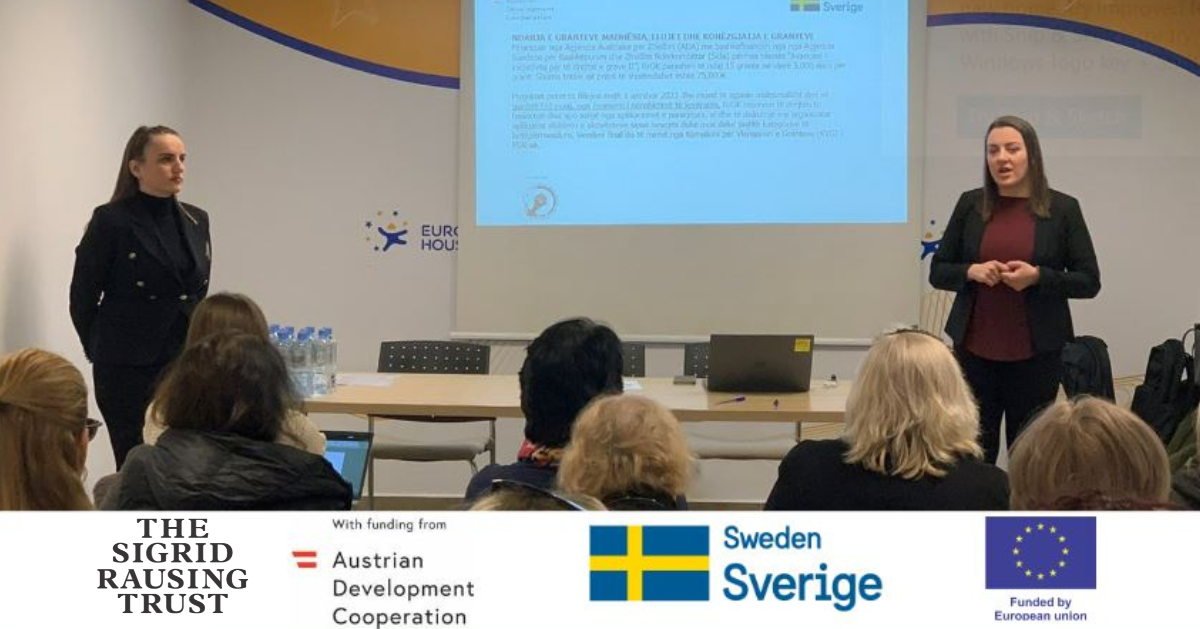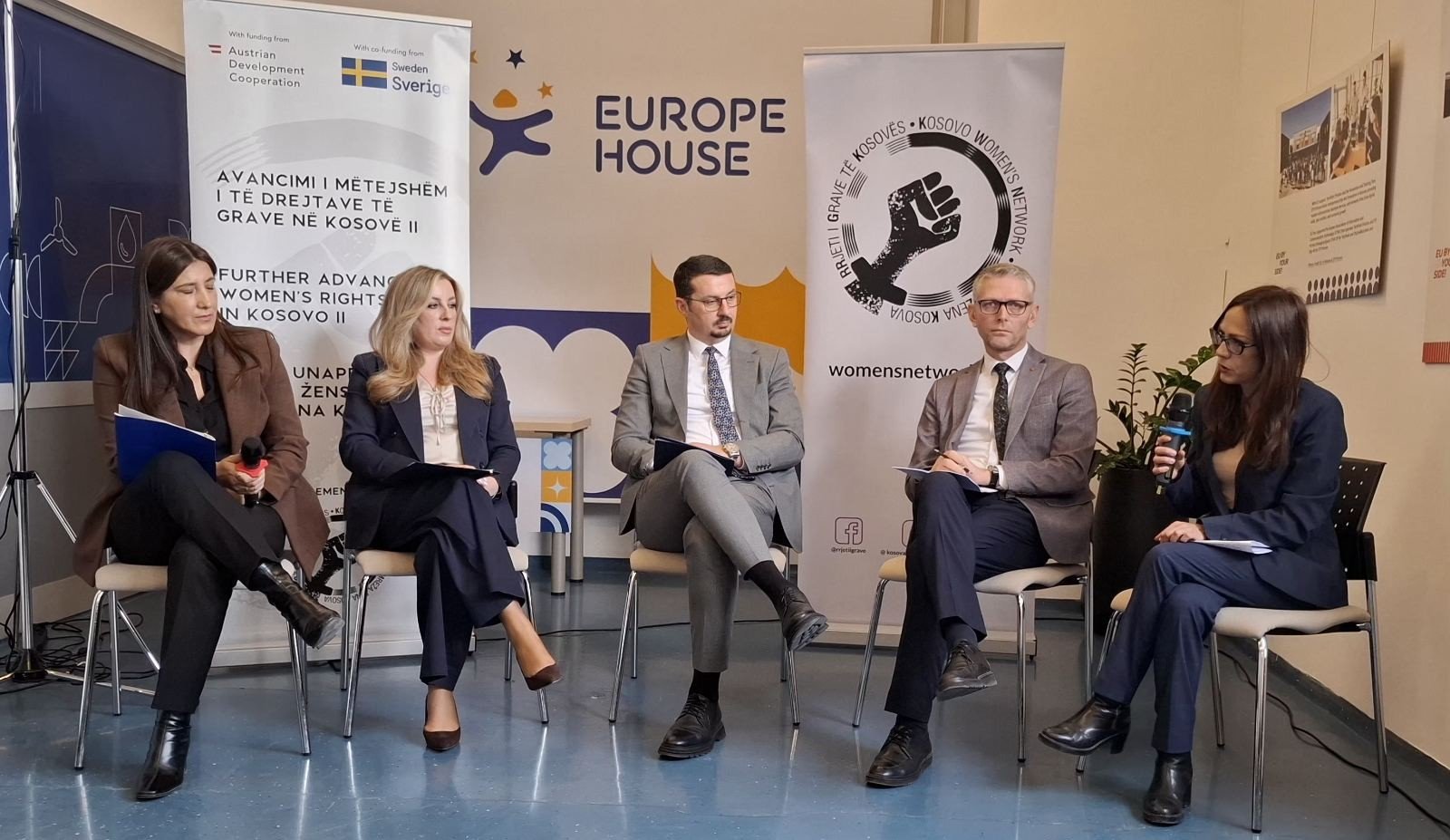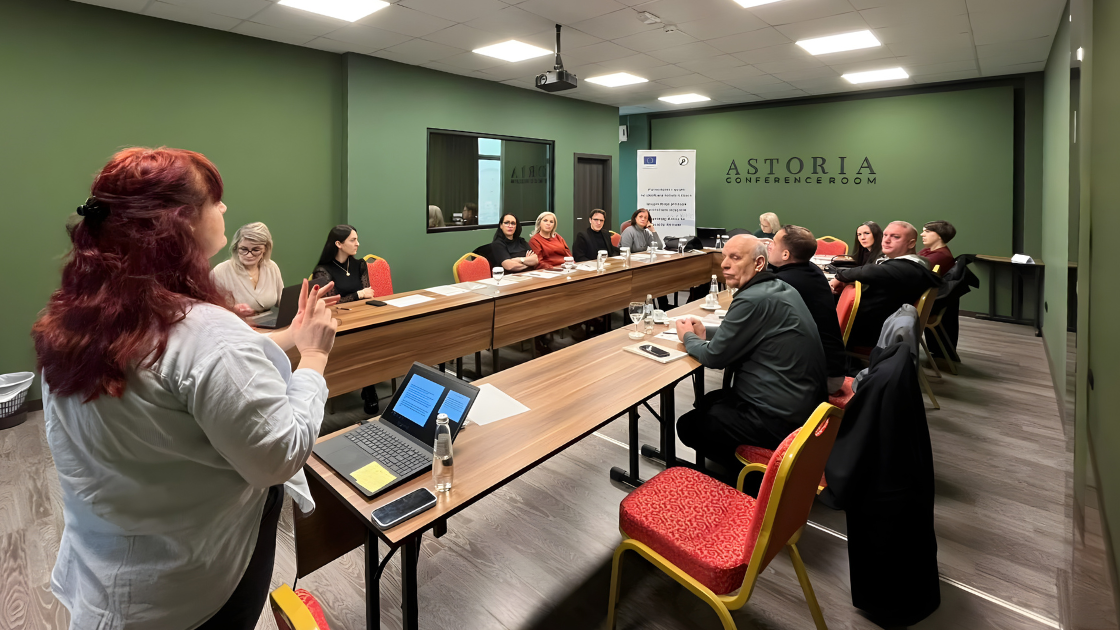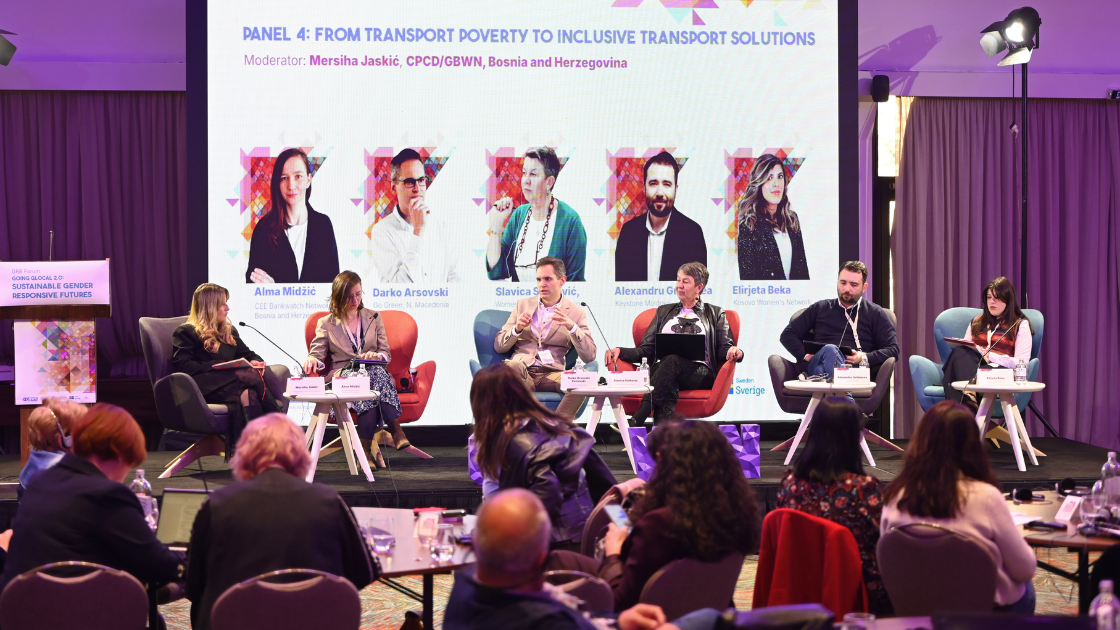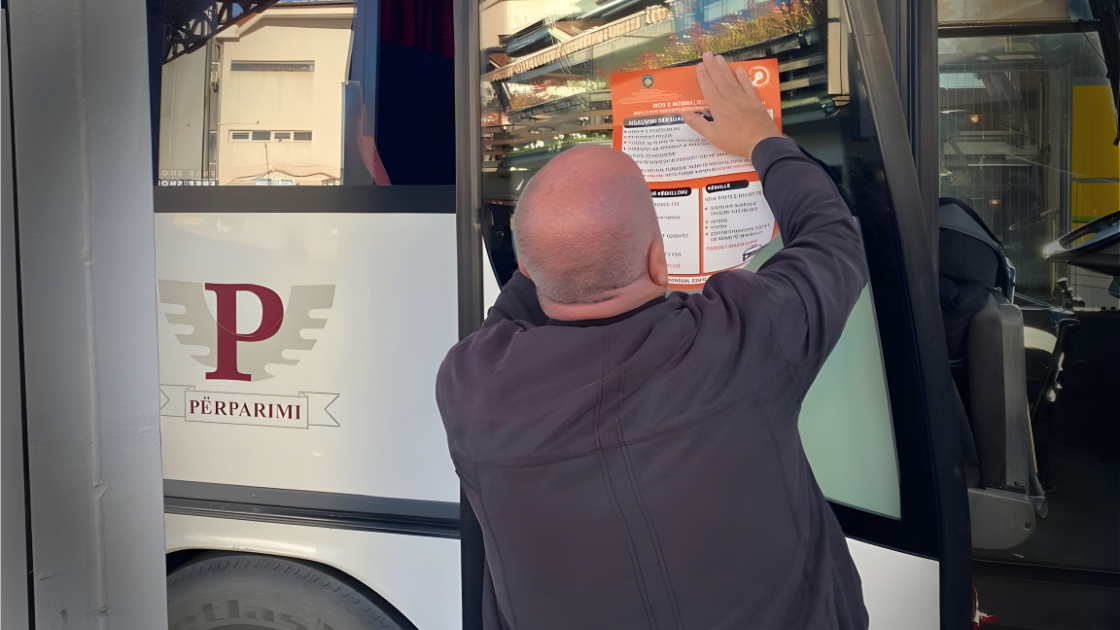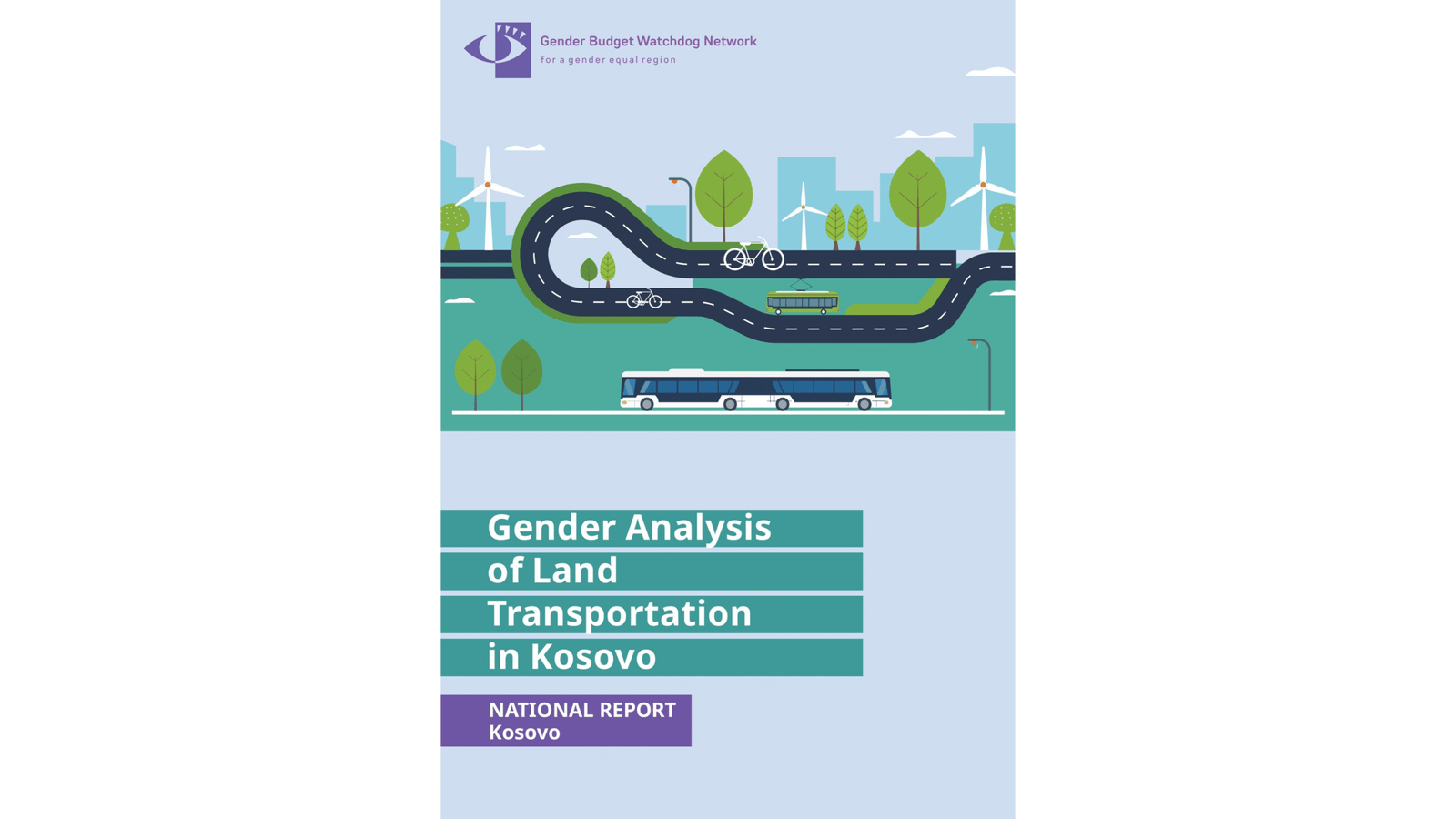This month, the Kosovo Women’s Network (KWN), through the Kosovo Women’s Fund (KWF), announced the 18th round of grants in the amount of €215,000, thanks to donors such as the Sigrid Rausing Foundation (SRT), the Austrian Development Agency (ADA), the Swedish Agency for Development and International Cooperation (SIDA), and the European Union (EU) Office in Kosovo.
“We believe in the work of KWN members, and the Women’s Fund team believes that this year too there will be cooperation with all of you. These grants are also for organizational support and help all members to implement their work and implement the strategy that we have compiled together,” said Igballe Rogova, Executive Director of KWN, in the first information session with KWN members.
Through the calls published on the KWN website, member organizations have been invited to apply with initiatives that will contribute to the advancement of women’s and girls’ rights and gender equality in Kosovo.
More specifically, their initiatives should contribute directly to the realization of the Strategy and its objectives identified by KWN members, within the KWN Strategy for the period 2023-2026, advocating for the support, protection, and promotion of the rights and interests of women and girls, which promote human rights and aim to bring about long-term change.
To inform the member organizations in detail, KWF held an information session about the 12 grants given by the Sigrid Rausing Trust for organizational support, each worth €10,000, €112,000 in total.
Also, two informative sessions were held in the form of workshops related to grants for the field of education and health, where members had the opportunity to work directly with experts in the fields in designing their initiatives based on the developed methodology and legislation in the country.
More specifically, 15 grants will be awarded by ADA and Sida, in the amount of €5,000, €75,000 in total.
While the next informative session was also held for the two grants that are allocated by the Office of the European Union, each of €10,000, €20,000 in total.

